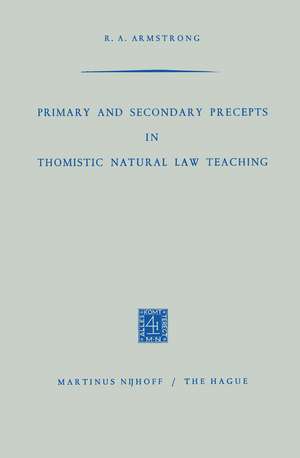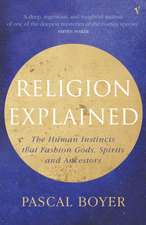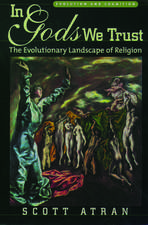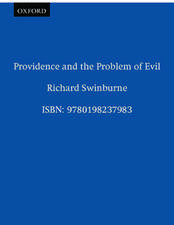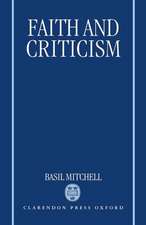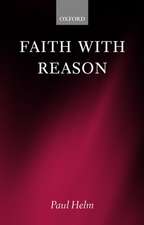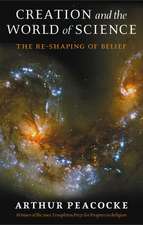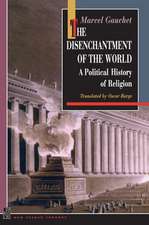Primary and Secondary Precepts in Thomistic Natural Law Teaching
Autor R.A. Armstrongen Limba Engleză Paperback – 1966
Preț: 383.50 lei
Nou
Puncte Express: 575
Preț estimativ în valută:
73.38€ • 75.71$ • 61.24£
73.38€ • 75.71$ • 61.24£
Carte tipărită la comandă
Livrare economică 26 martie-09 aprilie
Preluare comenzi: 021 569.72.76
Specificații
ISBN-13: 9789401186131
ISBN-10: 9401186138
Pagini: 216
Ilustrații: XVIII, 195 p.
Dimensiuni: 155 x 235 x 11 mm
Greutate: 0.31 kg
Ediția:1966
Editura: SPRINGER NETHERLANDS
Colecția Springer
Locul publicării:Dordrecht, Netherlands
ISBN-10: 9401186138
Pagini: 216
Ilustrații: XVIII, 195 p.
Dimensiuni: 155 x 235 x 11 mm
Greutate: 0.31 kg
Ediția:1966
Editura: SPRINGER NETHERLANDS
Colecția Springer
Locul publicării:Dordrecht, Netherlands
Public țintă
ResearchCuprins
I. The Nature of the Problems and Some Previously Suggested Solutions.- I. An outline of the problems to be considered.- II. An outline of some contemporary writers.- III. A statement of the problems to be solved, and the procedure to be followed.- II. An Examination of the Concept of “Self Evidence” in Thomistic Natural Law Teaching.- I. The nature of the problem, some preliminary considerations, and an outline of the procedure to be followed.- II. S. Thomas’s teaching concerning the concept of “self evidence” in natural law precepts.- III. The role of the Thomistic concept naturalis inclinatio in our knowledge of self-evident natural law precepts.- IV. A critical assessment of some of the precepts suggested by contemporary writers as being self-evident, together with a summary of the main findings of this chapter.- III. The Thomistic Distinction Between Primary and Secondary Natural Law Precepts, as Found in the Commentary on the Sentences, the Summa Contra Gentiles and the Commentary on the Nicomachean Ethics of Aristotle.- I. Recapitulation.- II. The problem of the character of precepts which are not self-evident.- III. The problem in the Commentary on the Sentences.- IV. The Problem in the Summa Contra Gentiles.- V. The problem in the Commentary on the Ethics.- IV. The Thomistic Distinction Between Primary and Secondary Natural Law Precepts, as Found in the Summa Theologica.- The History of the text.- Method of presentation to be followed.- V. Some Comments on the Validity and Usefulness of the Distinction Between Primary and Secondary Precepts.- I. A statement of the aims of this chapter and an outline of the procedure to be followed.- II. Our assessment of S. Thomas’s teaching on the possibility of “logical extension” in natural law.- III. A finalassessment of S. Thomas’s teaching on primary and secondary precepts, and their division.- IV. The validity and value of the distinction between primary and secondary precepts.- VI. The Concept of Variability Among the Secondary Precepts of Natural Law.- I. A discussion on the aims of this chapter and the procedure to be followed.- II. Mere historical changes in positive moral beliefs.- III. Historical changes correlated with the rational development of man.- IV. Changes in natural law due to the intrinsic complexity of certain particular situations.- V. The variability of decisions in particular situations due to the contingency of principles.- VI. Variability in natural law due to the “non-obligatory” character of positively formulated precepts.- VII. Variability in natural law due to changes in the intrinsic structure of society.- Conclusion.- Index of Authors.
